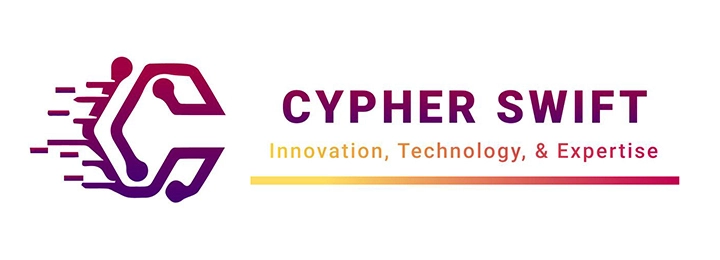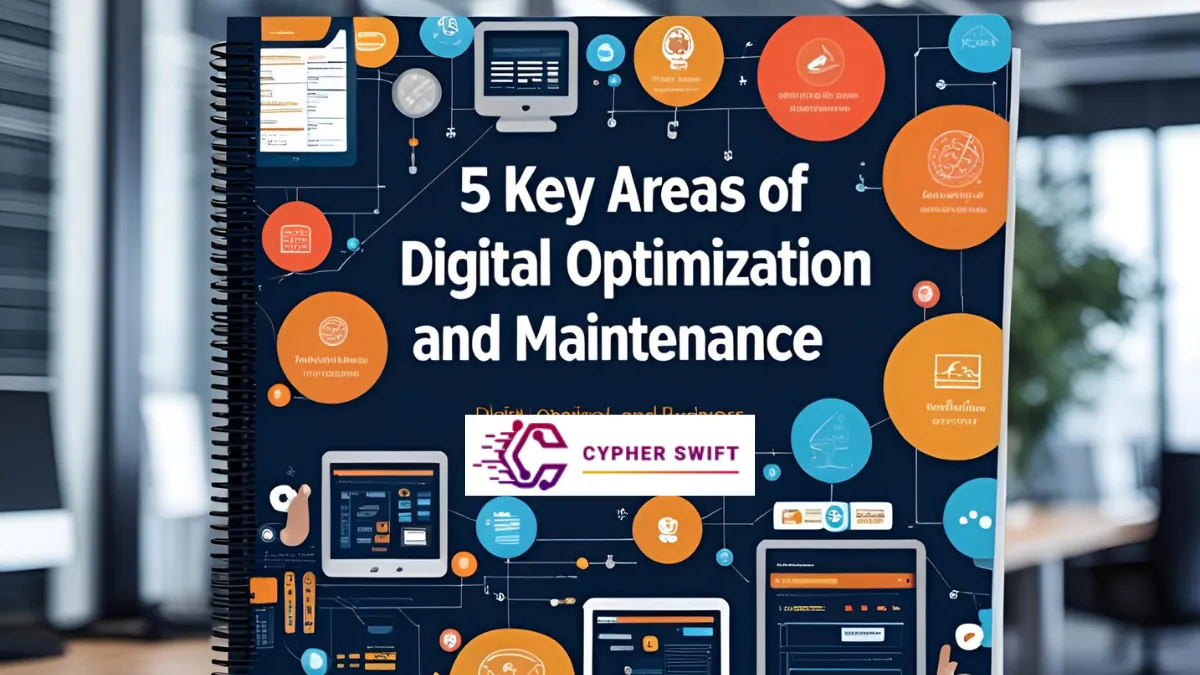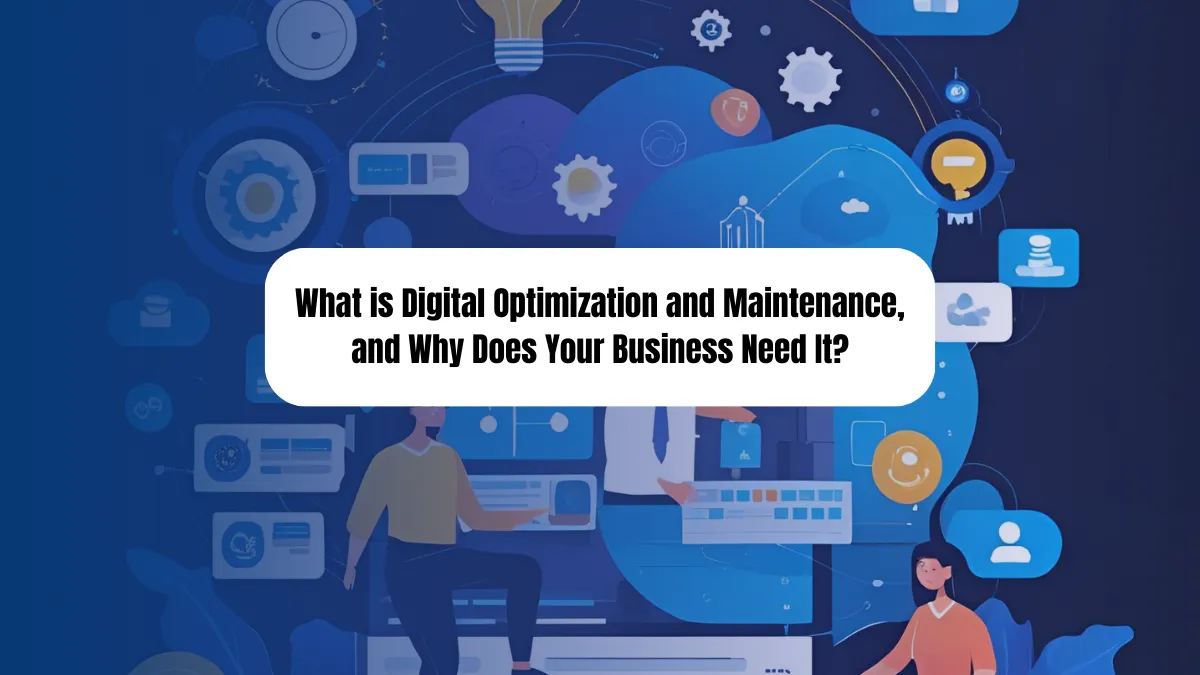February 12, 2024
The AI Revolution is Reshaping Marketing
Unlocking the Future of Marketing: Harness the Power of AI for Unprecedented Success
In recent years, the integration of artificial intelligence (AI) in marketing has not only revolutionized the industry but also redefined the strategies and practices that businesses employ to connect with their audiences. As AI technology continues to advance, its impact on marketing becomes increasingly profound, driving efficiency, personalization, and innovation.
Efficiency through Automation
One of the most significant ways AI is transforming marketing is through automation. AI-powered tools and platforms are enabling marketers to streamline repetitive tasks, such as data entry, email marketing, and social media management. By automating these processes, businesses can save valuable time and resources, allowing marketers to focus on more strategic initiatives. For example, AI-driven email marketing platforms can segment audiences, personalize content, and optimize send times, resulting in higher open rates and engagement.
Enhanced Personalization
AI is also at the forefront of enhancing personalization in marketing. Today’s consumers expect tailored experiences that resonate with their individual preferences and behaviors. AI algorithms analyze vast amounts of data, including browsing history, purchase patterns, and social media interactions, to create highly personalized content and recommendations. This level of personalization not only increases customer satisfaction but also drives conversion rates and brand loyalty. Companies like Amazon and Netflix have mastered the art of AI-powered personalization, setting new standards for customer engagement.
Predictive Analytics
Predictive analytics, powered by AI, is another game-changer in marketing. By leveraging machine learning algorithms, marketers can analyze historical data to predict future trends and consumer behaviors. This predictive capability allows businesses to make informed decisions about product development, marketing campaigns, and inventory management. For instance, retailers can forecast demand for certain products during specific seasons, enabling them to optimize stock levels and reduce waste. Predictive analytics also helps in identifying potential leads and high-value customers, thereby improving targeting and conversion efforts.
Content Creation and Curation
AI is making significant strides in content creation and curation as well. Natural language processing (NLP) algorithms can generate high-quality written content, from blog posts to social media updates, with remarkable accuracy. While human creativity remains irreplaceable, AI can assist in generating ideas, drafting content, and even conducting preliminary edits. Additionally, AI-driven content curation tools can sift through vast amounts of information to recommend relevant articles, videos, and social media posts, ensuring that audiences receive the most pertinent and engaging content.
Improved Customer Service
Customer service is another area where AI is making a substantial impact. Chatbots and virtual assistants, powered by AI, are now capable of handling a wide range of customer inquiries, from simple FAQs to more complex issues. These AI-driven solutions provide instant responses, improving customer satisfaction and reducing the workload on human support teams. Moreover, AI can analyze customer interactions to identify common pain points and areas for improvement, enabling businesses to enhance their overall customer service strategies.
Ethical Considerations and Challenges
Despite the numerous benefits, the integration of AI in marketing also raises important ethical considerations and challenges. Issues related to data privacy, algorithmic bias, and transparency must be addressed to ensure that AI-driven marketing practices are both ethical and effective. Marketers need to be vigilant about how they collect, store, and use consumer data, adhering to regulations such as GDPR and CCPA. Furthermore, as AI algorithms can sometimes perpetuate biases present in training data, it is crucial to implement measures that promote fairness and inclusivity.
Conclusion
The AI revolution is undoubtedly reshaping the marketing landscape, offering unprecedented opportunities for efficiency, personalization, and innovation. As AI technology continues to evolve, its role in marketing will only become more integral, driving businesses to adopt new strategies and tools to stay competitive. By embracing AI and addressing its ethical challenges, marketers can unlock new levels of creativity and effectiveness, ultimately delivering more value to their customers.
Are you ready to transform your marketing strategy with the power of AI? Don't get left behind! Explore our AI-driven marketing solutions today and discover how we can help you stay ahead of the competition. Contact us now for a consultation and start your journey toward smarter, more effective marketing.






